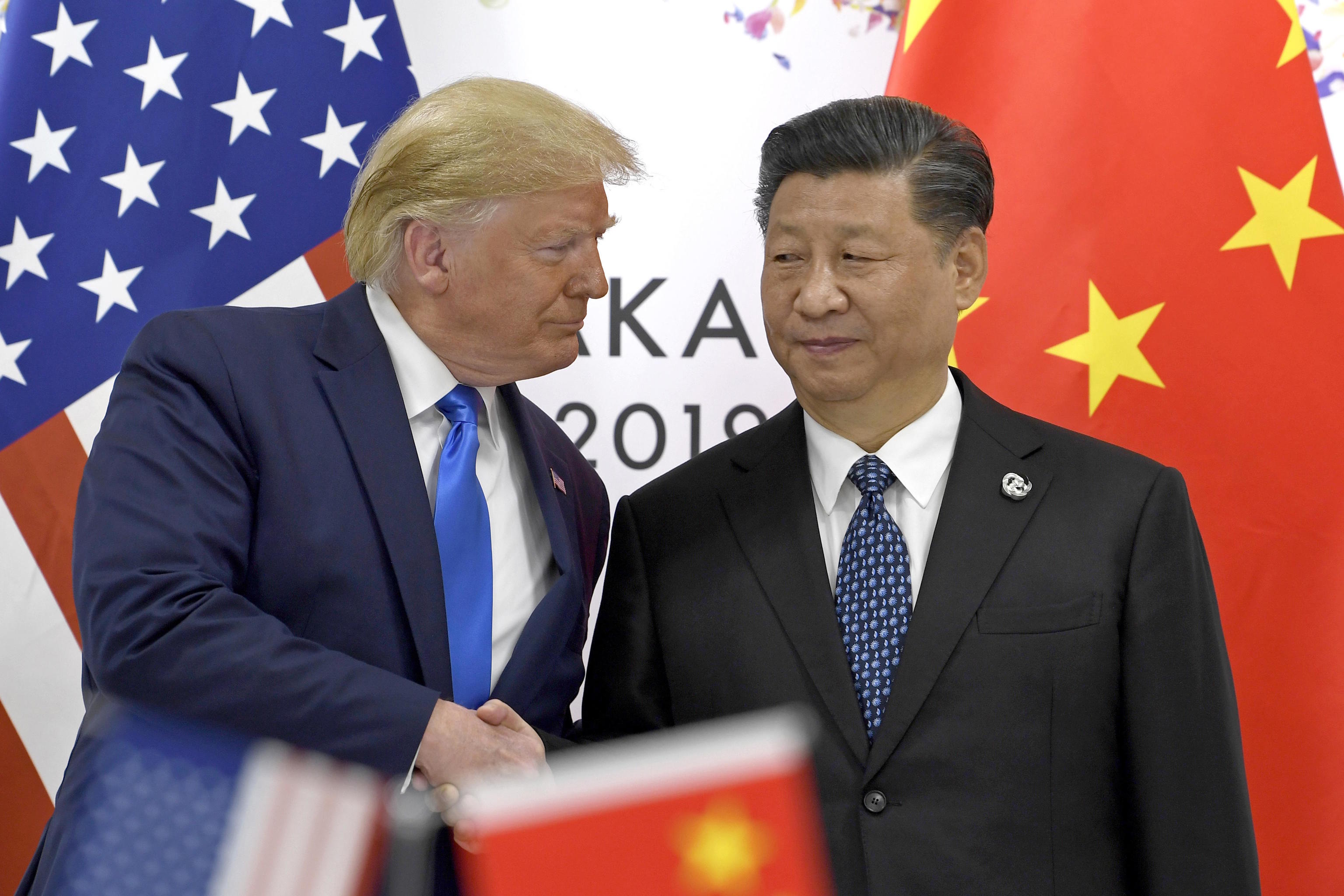Xi's conciliatory message is in line with the strategy of approaching the EU that the Asian superpower has maintained in recent months. On Friday, the Chinese president told Merz that Berlin and Beijing should "work together for the maintenance of the international order."
This last sentence, as reported by the Chinese state broadcaster CCTV, also appeared in the Chinese reading of the Thursday conversation between Xi and Macron. "China and France must jointly safeguard the rules of the global economic order," said the Chinese leader in a clear reference to the global trade war unleashed by Trump. "China has always regarded Europe as an independent pole in the multipolar world and supports the EU in strengthening its strategic autonomy," he continued.
While Macron agreed with Xi to work towards ending a trade dispute over provisional anti-dumping measures imposed by Beijing in 2024 against imports of brandy from the EU, which particularly affected French cognac, in the conversation with Merz, Xi insisted that China and Germany should expand cooperation in sectors such as automotive manufacturing and artificial intelligence.
Additionally, the Chinese president reportedly told the German leader that Beijing will further open up to mutual investment and intends to "initiate a new chapter of a comprehensive strategic partnership" with Berlin. Xi sought a good first contact with Merz after the new chancellor, in a tougher speech, expressed last week that he would seek "strategic risk reduction" with the world's second-largest economy and expressed concerns about the rapprochement between China and Russia. "We will firmly press China to make its contribution to ending the war in Ukraine," Merz stated.
Chinese state newspapers have published columns and editorials recently hinting at the possibility that China could succeed in forming a "united front" with the EU against Trump's isolationist policies, despite the various ongoing disputes between Beijing and Brussels.
Earlier this month marked 50 years since China and the European Union signed an agreement formalizing the establishment of official diplomatic relations. An anniversary that the two leaders of the Asian giant, Xi Jinping and Prime Minister Li Qiang, took advantage of to exchange letters with EU leaders.
"The world is undergoing a tremendous transformation, and human society has once again reached a critical juncture. A healthy and stable relationship between China and the EU will not only achieve mutual success but also illuminate the rest of the world," Xi wrote in a letter addressed to the President of the European Council, Antonio Costa, and the President of the European Commission, Ursula von der Leyen. "China is ready to work with EU leaders and handle frictions and differences properly," he continued.
Hours after Chinese state media reported the words of their president, Beijing's spokespersons confirmed that Chinese authorities would lift sanctions imposed on members of the European Parliament and its subcommittee on human rights. Most of these sanctions were imposed in 2021 due to criticisms from European politicians regarding the repression against the Uighur Muslim minority in China's Xinjiang region.
The lifting of these sanctions had already been discussed in April. During the initial exchange of tariff blows in the trade war initiated by Donald Trump, Chinese Foreign Minister Wang Yi held a round of calls with several European counterparts to mobilize them against Washington. During those days, the Chinese press recalled the meeting Xi had with Spanish President Pedro Sánchez, where the Chinese leader stated that China and the EU should "join forces to defend globalization," in another clear reference to Trump's protectionist policies.
